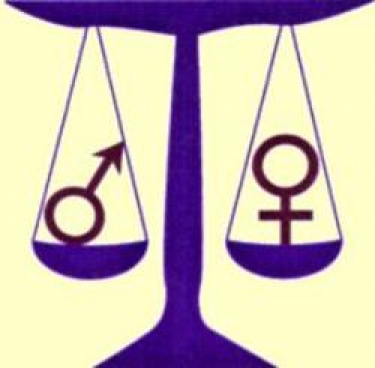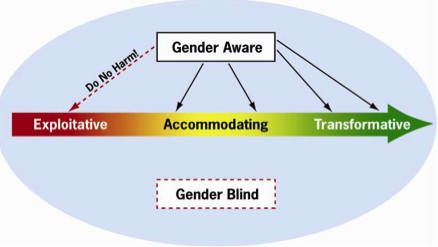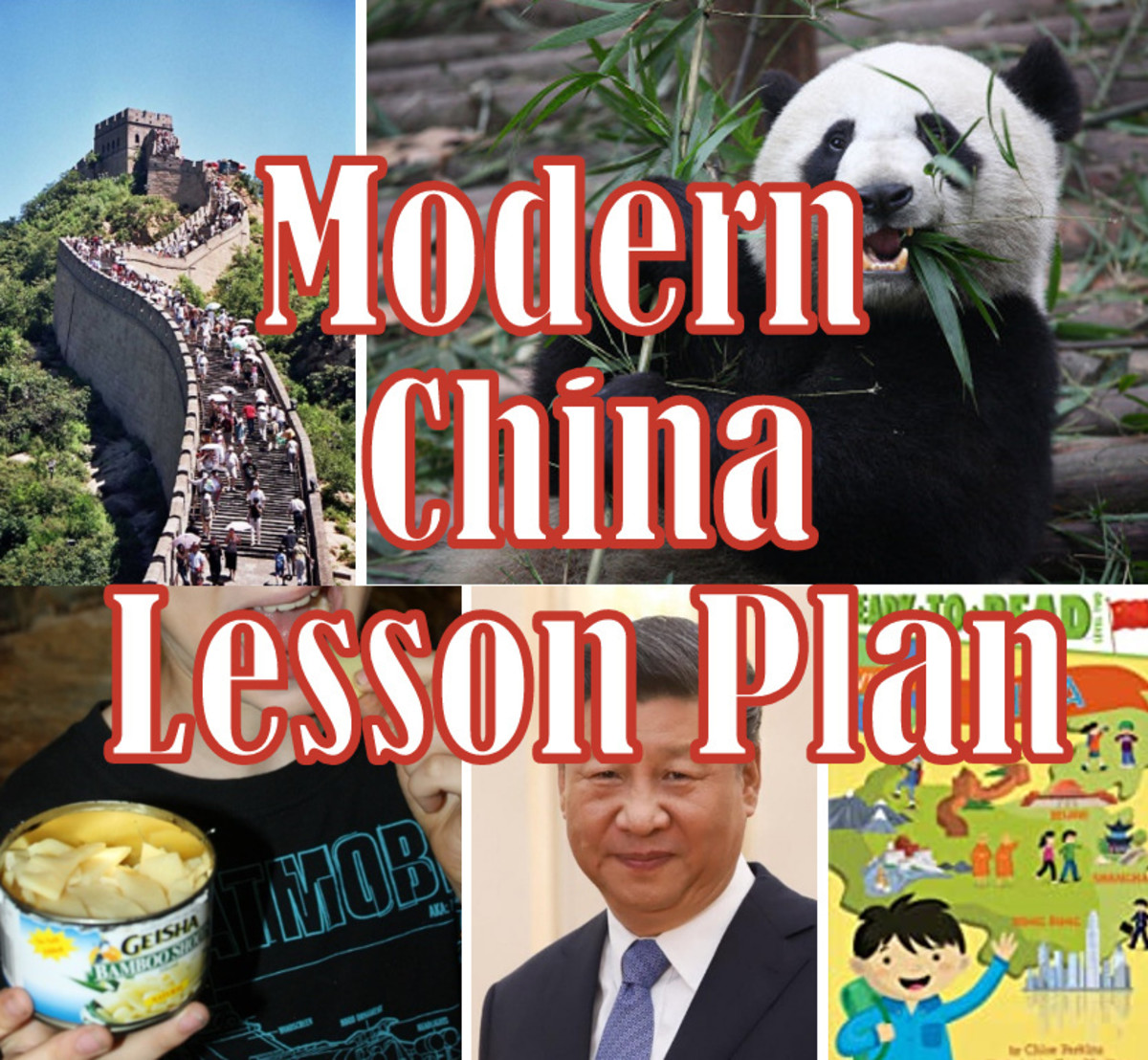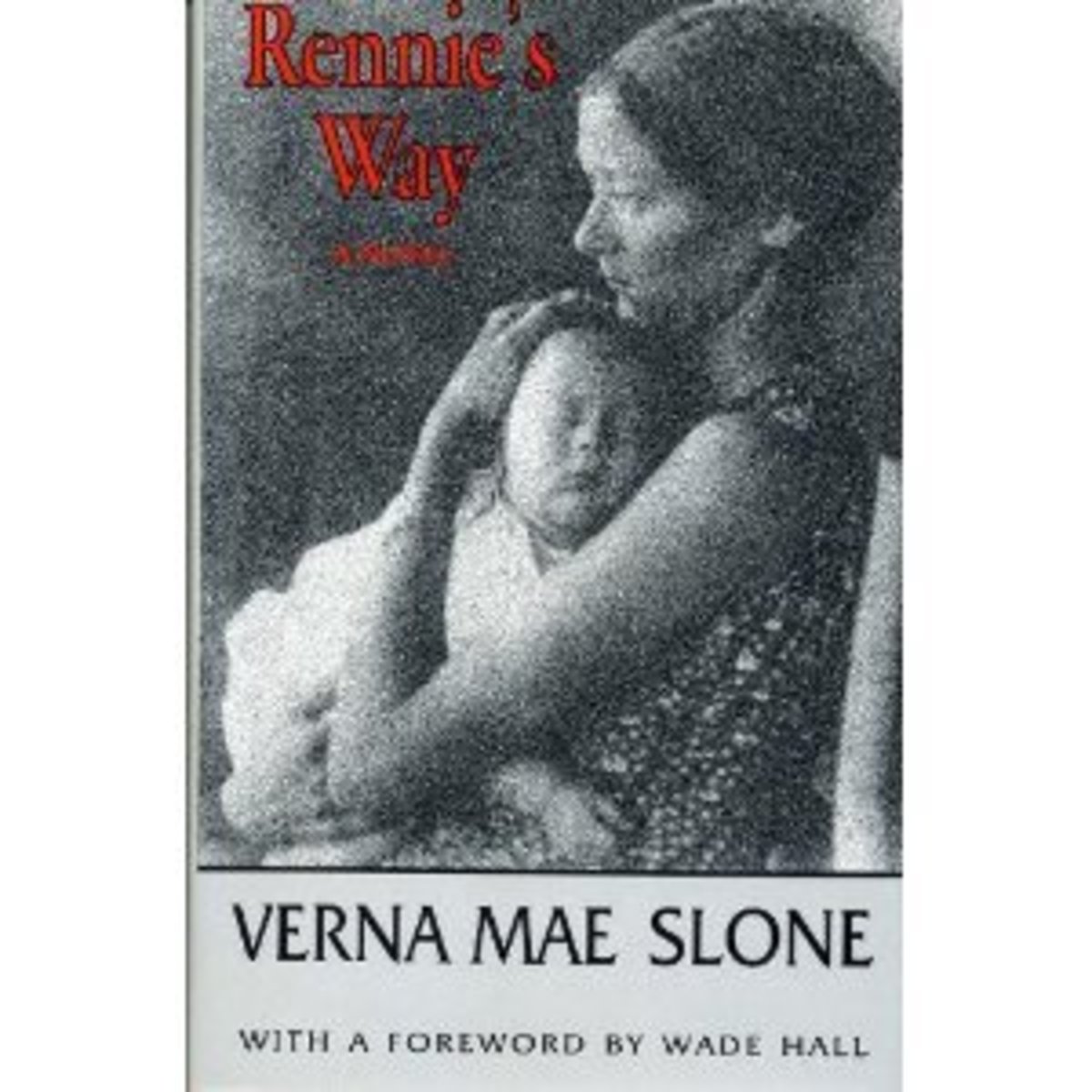The Family: Haven or Prison
The Family: Haven or Prison - Overview
- The Functionalist perspective of the family as a haven.
- The 'new' sociology of the conjugal family as a prison.
- The Marxist perspective of the family as an instrument of capitalist oppression.
- Oppression of individuality within the conjugal family.
- The conjugal family as oppressive for women.
Happy Family

The Family - Introduction
Is the modern conjugal family a haven or a prison? Functionalist sociology emphasizes the importance of the family in meeting basic human needs. The necessity of a 'haven in a heartless world', is the functionalist image of the conjugal family. However, the family sociology of the 1970s challenges the idea of the conjugal family as a 'haven in a heartless world'. The 'new' family sociology presents a critical analysis of the conjugal family as a prison rather than a haven.
The Conjugal Family - Haven Or Prison?
What do you think of the perspective of the family as a 'haven in a heartless world'?
Gender Balance In The Family

The Functionalist Perspective Of The Family as A Haven
According to Functionalist sociology, the conjugal family is the image of a 'haven in a heartless world'. Modern society is characterized as oppressive due to four major causes. The causes of oppression in modern society are assumed to be rootlessness, competitiveness, bureaucratization, and impersonal-ism. In contrast, the family is described as the social institution which meets basic human needs for love and intimacy.
Parsons is the most notable family theorist, promoting the Functionalist perspective of the family as a haven. He refers to the increasing importance of the family as an institution for socializing children and for psychological support for adults. Parsons refers to the lessening importance of the family as an economic, and political institution.
Parsons states that as societies have evolved economic, political, religious and cultural institutions have taken over many of the family's functions. The loss of the family's functions does not mean it has become an unimportant institution. In Parson's view, the family remains important since it specializes in functions 'on behalf of personality'. Parsons sees the family as evolving from a once multi-functional institution, into a now functionally-specific institution. Thus the emergence of the isolated nuclear family. Parsons believes that the modern conjugal family serves the needs of modern industrial economies, since it ensures that people have stable relationships in a changing and impersonal world.
Goode adds another dimension to the Functionalist view of the family as a haven. Goode suggests that the conjugal family balances the frustrations of a burdensome occupational world. Goode emphasizes that the conjugal family counter-balances the competitiveness and insecurity that result from the struggle for success in modern society.
Similarly, Litwak says that the conjugal family provides a setting for psychological intimacy as a complement for the type of impersonal and utilitarian work that must be done in modern society.
Thus, according to the Functionalist perspective, the modern conjugal family is essential to individual happiness and social order within a bureaucratic society.
How To Avoid Gender Stereotypes
The 'New' Sociology Of The Family As A Prison
In contrast to the Functionalist perspective of the modern conjugal family, is the 'new' sociology of the family as a prison. There are three major 'new' sociology theories formulated which view the family as an oppressive and confining unit within modern society.
The three major theories that present the family as a prison are based on the following perspectives. Also, according to each of these theories, change in the structure of the conjugal family as a sociological institutuon is necessary.
- The conjugal family helps to preserve the oppressive capitalist system.
- The conjugal family represses individuality.
- The conjugal family oppresses women.
The Marxist Perspective Of The Family As An Instrument Of Capitalist Oppression
According to Marxist theories, the psychological support system of the conjugal family is an effect of capitalism. The conjugal family as the only institution that provides close inter-personal relations can result in the family maintaining capitalist society by making 'love' the remedy for all problems. Therefore, the family is utilized by capitalism. Zaretsky provides one of the most elaborate theories of the family as a construction within capitalism. Zaretsky states that in the early stages of capitalist development, the family was a unit of production. The family was an institution of shared labour and love. However, capitalist industrialisation created a separate familial or personal world.
According to Zaretsky, the effect of industrialisation was the creation of a wage labour force, thereby removing work from the centre of the family. Therefore, work maintains the family instead of being the family's major function. Also, with the advancement of capitalism, property has become monopolised by a central ruling class. Another result is that social authority once found within the conjugal family has shifted to other social intstitutions such as religious, political, and legal institutions. As a result, individual identity cannot be found within the conjugal family or society. Individuals thereby become isolated against a society that they are powerless to effect.
The new form of family as a construction of capitalism is one separate from production and emphasizing personal relations.
Zaretsky maintains that the construction of the 'personal' within the conjugal family is an effect of capitalism. He says that the pressure on the family as being the only refuge in a bureacratic society brings much inner torment to the family members. Thus, Zaretsky states that capitalism has an oppressive effect on the family. Zaretsky asserts that the family could be an institution where an individual could experience personal freedom. Zaretsky maintains that the cause of oppression within the family is capitalism and that capitalism would best be transformed. If capitalism is transformed then the conjugal family would be able to perform its intended positive function within society.
Family Gender Roles
Oppression Of Individuality Within The Family
In contrast to the 'family as a haven' perspective is Laing's theory of the family as destructive to individuality. Laing is not concerned with the relationship between the family and other social institutions.
Laing focuses on the psycho-social interior of the family and specifically on the parent-child relationship. Laing says that the family plays an important function in the forming of one's identity of self and the world. He feels that parents have too much power and impose their interpretations of the world on their children. Therefore, even though parental love can be protective, it can also be destructive. The result can be confusion, misunderstanding and manipulation.
Laing concludes that family members live through one another and thus true personal freedom cannot be experienced in the family.
Laing's perspective is important as a counter-balance to the functionalist view of the family as a haven. However, Laing's theory has been criticized due to three areas of concern. First, it is a paradox when Laing states that family relations are supportive and yet oppressive. Second, Laing says that the parent-child relationship is the only important relationship in creating one's identity. Third, he looks at the family as an isolated unit rather than as an institution in relation to society.
The Family As Oppressive For Women
Also in contradiction to the Functionalist view of the 'family as a haven' is the theory that women are oppressed by the family. The feminist perspective of the conjugal family is that behind an ideology of love and nurture lie conflict and oppression. Another feminist perspective is that the family is a set of power relationships. In contrast to Laing's focus of repression of individuality, the feminist perspective focuses on the family's power to oppress, and women as the main victims of such oppression.
Barrett and McIntosh refer to the idea of a his and her marriage. Men may experience the family as a mental prison but have the choice to avoid the house if they want to. Children can be abused within the family but can have a separate life at school. However, women are more completely imprisoned since motherhood and homemaking are expected to be a fulfilling and rewarding priority, above all else. Therefore, women become trapped in an all-absorbing role of housewife and mother. Especially oppressive for women is the regulation of women's paid labour due to the housewife and the structuring of gender identities.
First, the identification of women with the housewife role gives men control over women's labour and material circumstances. It is assumed that women's role as housewife should be a priority over all other roles. This limits women's participation in paid work and alienates women from opportunities for self-fulfillment. Also, women become economically dependent on men and thus men have access to and control over the world and its resources. As a result, men have control over women. From a feminist perspective, the family is an agency for oppression, rather than a 'haven in a heartless world'.
Second, the family is said to imprison women through the ideal of femininity and masculinity. These ideals place women in the private world of the family and men in the public world. The gender perspective is further explained by various sociologists.
For example Leonard defines the family as a labor relationship in which a woman pledges her labor for life to her husband in return for upkeep and protection. According to Leonard, romantic love masks this reality and women enter into marriage unaware.
Mitchell maintains that motherhood can become an instrument of oppression since it can deny women lives, needs, activities and relationships.
Mead explains that theories of maternal deprivation are a subtle form of anti-feminism in which men are tying women more closely to their children.
Leonard, Mitchell and Mead see the ideology of the family as sustaining ideals of romantic love, female nurturing, and male bread-winning which imprison women in oppressive gender identities within their own families.
However, the feminist perspective has been criticized due to four issues. First, the feminist perspective portrays the family as entirely oppressive, which it isn't. Second, the feminist perspective is ambiguous since it denies diversity in family life, which feminism itself tries to establish. Third, some deny the connection between sexual division of labor and power, since women sometimes exercise power within and through the family. Fourth, the family must be looked at in relation to political and economic structures. The oppression within the family may in reality be the result of oppressive political and economic structures.
Gender Aware

Conclusions About The Family: Haven Or Prison
In this article the modern conjugal family is critically analyzed from various perspectives to determine whether the family is a haven or a prison. From a Functionalist perspective, the family is viewed as a 'haven in a heartless world'. However, the 'conjugal-family-as-a haven' perspective is challenged for three distinct reasons. First, according to Marx the family is an instrument of Capitalist oppression. Second, the family is an institution that can oppress individuality. Third, according to the feminist perspective, the family is an agency of oppression of women. However, the view that the family is oppressive has been challenged because it fails to recognize the diverse experiences of life in the conjugal family, fails to trace the connection between the oppressive family and society, and fails to take into account the vast appeal of family living in spite of its drawbacks. Recognition of the fact that family life may be supportive as well as oppressive results in the awareness that the conjugal family life may be experienced in different ways by different people. Effectively, the image of the conjugal family is one of both a haven (as some Marxist and Feminist theories suggest) and a prison. As a result, changes within our Capitalistic society, as well as changes within the structure of the family, are necessary in order that the family may more fully perform its intended function within society, to be a place where each family member is equally honoured, respected, supported, self-expressed and free.
References
- Capitalism, the Family and Personal Life, Eli Zaretsky
- The Politics of the Family, R.D. Laing
- The Antisocial Family (Radical Thinkers), Michele Barrette and Mary McIntosh
- My Ears Are Bent, Joseph Mitchell
- New Lives Or Old: Cultural Transformation, Margaret Mead
- Sociology: The Essentials, Margaret L Andersen, Howard FTaylor, Kim A Logio
The Politics Of The Family - R.D. Lang
© 2015 Deborah Morrison









